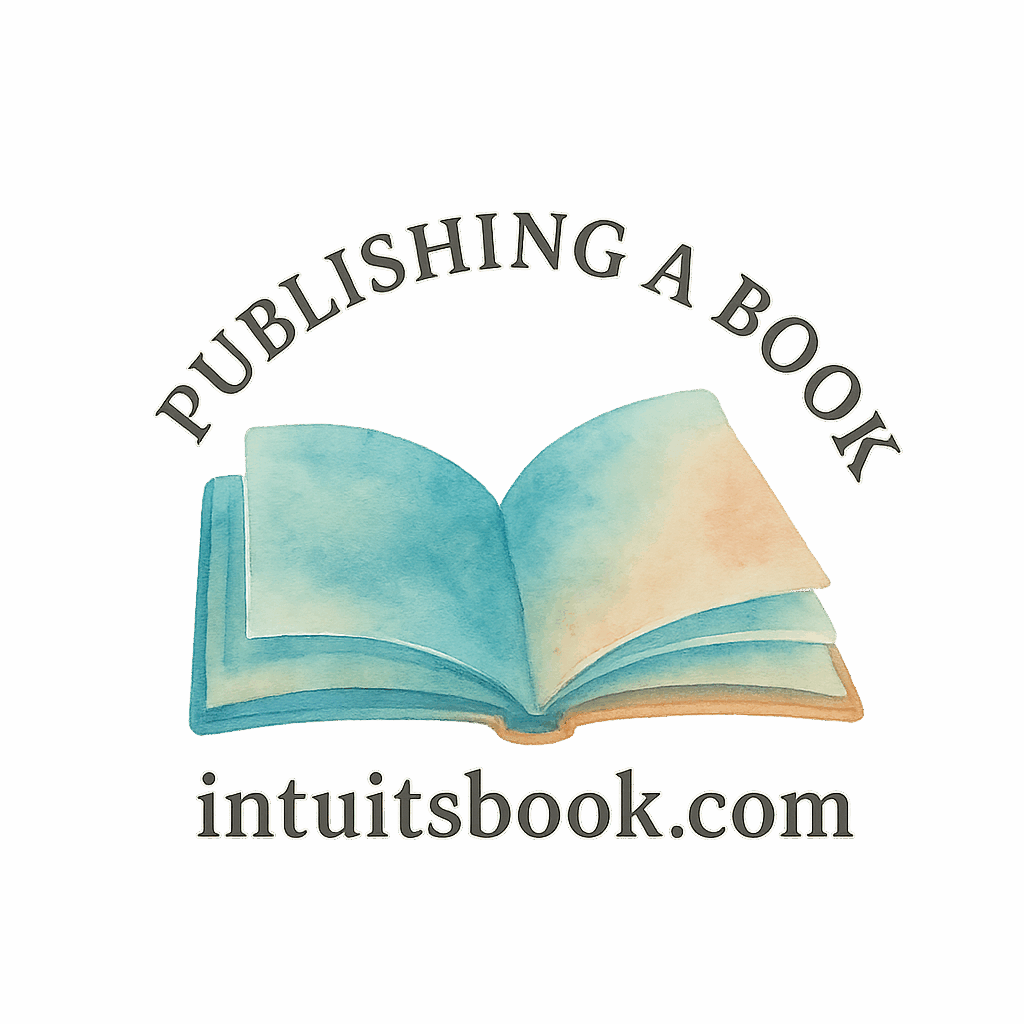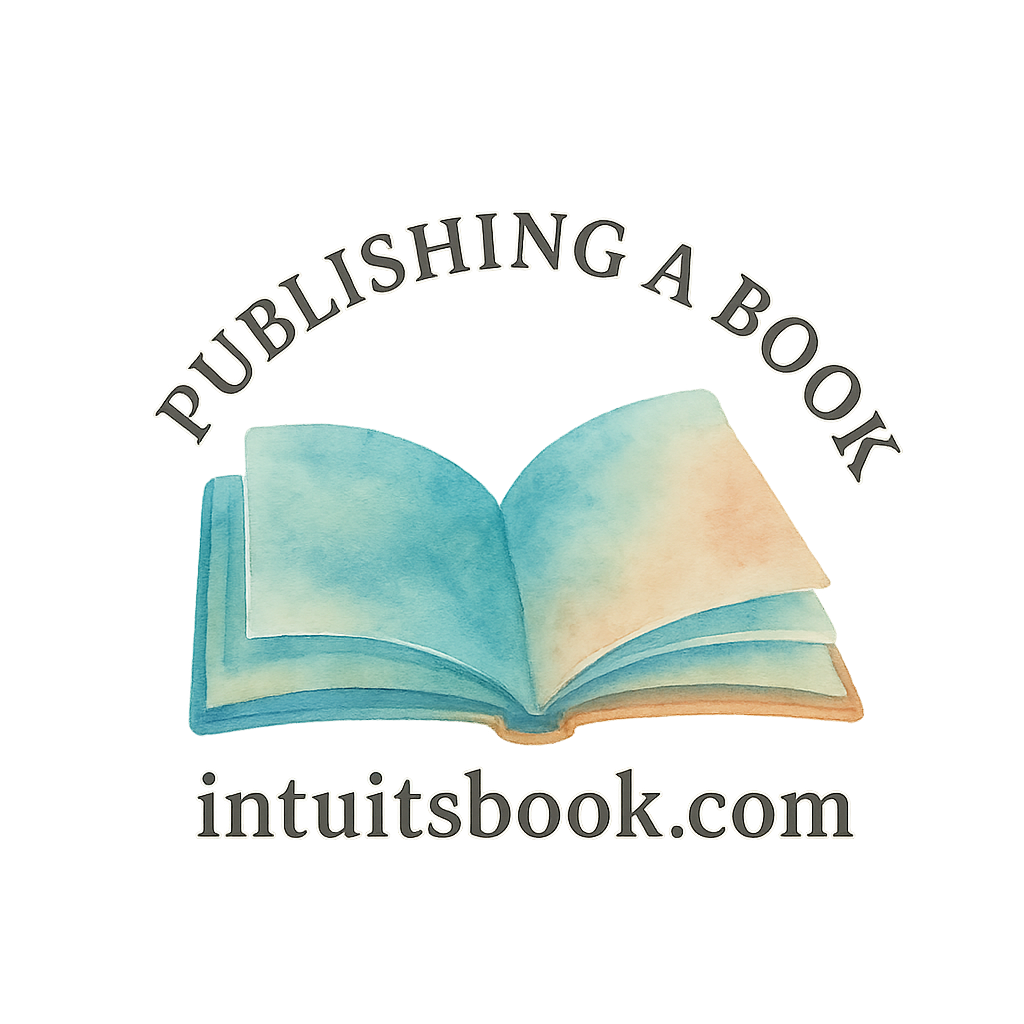So you finally got that email you’ve been waiting for: a publisher is interested in your manuscript. Exciting, right? But before you pop the champagne, there’s something crucial you need to do—ask questions. Signing a book deal can make or break your author career, and understanding the details will save you from regrets down the road.
Let’s walk through 10 essential questions every author should ask before signing on the dotted line.
Understanding the Importance of a Book Deal
Before we dig into the nitty-gritty, let’s get one thing straight: not all book deals are created equal. Some are golden tickets. Others? Well, they’re more like handcuffs in disguise. Whether you’re a new author or an experienced writer, knowing what to ask gives you the power to make informed decisions and protect your creative future.
Pro tip: Educate yourself on the author career journey and the writing process before entering publishing contracts.
1. What Are the Royalties and How Are They Calculated?
Why Royalty Rates Matter
Your royalty rate determines how much you’ll earn per book sold. Ask what percentage you’ll receive—and make sure you understand “net” vs. “list” royalties.
Common Royalty Structures Explained
Traditionally, authors earn:
- 10–15% on hardcover
- 6–10% on paperback
- 25% on ebooks (though this can vary)
You’d be surprised how many authors never actually calculate what that means for their income. Understanding this now could save your future self a lot of disappointment.
Dive deeper into traditional publishing royalties.
2. What Rights Am I Giving Away?
Exclusive vs. Non-Exclusive Rights
Are you signing away just print rights? What about ebook, audiobook, translation, or movie rights?
Subsidiary Rights: TV, Film, and More
Some publishers will want full control over subsidiary rights. That’s your golden goose if your book ever becomes a Netflix original. Consider negotiating or retaining some of these.
Learn more on book publishers and rights.
3. Is There an Advance? If So, How Much?
What an Advance Really Means
An advance is money paid upfront. It’s technically a prepayment of royalties, so don’t get too starry-eyed—it needs to be earned back through sales.
How It’s Paid Out
Some advances are split into parts:
- On signing
- On manuscript delivery
- On publication
Ask for a clear breakdown.

4. What Is the Publisher’s Marketing Plan?
The Truth About Publisher Marketing
Many authors assume the publisher will do all the heavy lifting. That’s often not the case, especially for new or midlist authors.
What You Should Expect
Ask about:
- Social media campaigns
- Book tour support
- Email marketing
- Ad budgets
You’ll still need to handle book promotion yourself. Consider learning about free marketing tactics.
5. Will I Have Creative Control Over My Book?
Cover Design, Title, and Edits
You might envision one thing for your cover, but the publisher has final say. Are you okay with that?
How Much Say Do You Really Have?
Clarify whether your input will be considered on cover art, title, and manuscript edits. A good contract should include “consultation” rights, at least.
Explore tools and insights on author tools and writing tips.
6. How Will the Book Be Distributed?
Online and Physical Retailers
Will your book be available on Amazon, Barnes & Noble, indie bookstores, or just online?
Global Reach Matters
Ask about international rights and distribution. A global presence can significantly impact your sales.
Compare traditional vs. self-publishing routes for better control over distribution.
7. How Long Is the Contract Term?
Why Duration Is Important
Are you locked in for 2 years? 10 years? Forever? Some contracts are indefinite unless you take action.
Renewal Clauses to Watch For
Look for auto-renew clauses or conditions that make it hard to get out. You want flexibility if things go south.
8. What Happens If the Book Doesn’t Sell?
Understanding Performance Clauses
What does “underperformance” mean to your publisher? Will they drop your book or remove it from shelves?
Will They Drop You or Push Harder?
Sometimes, they’ll just move on to the next author. Ask what happens if your book flops—and how long it will be supported.
Read up on new author tips and how to stand out in the market.
9. Are There Any Hidden Fees or Costs?
Red Flags in Traditional Deals
You should never pay to be published. If a publisher asks for upfront money, it’s likely a vanity press.
Vanity Presses vs. Legit Publishers
Vanity publishers charge for editing, design, or marketing with little return. Run if you see this.
Learn to distinguish with publishing hacks and learn to publish resources.
10. Can I Get Legal or Agent Representation?
Why an Agent Is Your Best Friend
An agent not only finds you better deals but also ensures you don’t get tricked. They negotiate clauses you may not even know exist.
Legal Advice Before You Sign
Even if you don’t have an agent, have an entertainment lawyer review your contract. Better safe than sorry.
Check out query tips for finding an agent who fits your goals.
Traditional vs. Self-Publishing: A Quick Comparison
Still unsure? Here’s a snapshot:
| Feature | Traditional Publishing | Self-Publishing |
|---|---|---|
| Control | Limited | Full |
| Royalty Rates | Lower (10–25%) | Higher (up to 70%) |
| Upfront Costs | Usually none | Often paid by author |
| Speed | 12–24 months | As fast as you want |
| Distribution | Wide | You choose |
More comparisons on traditional publishing vs independent author paths.
Final Thoughts Before You Sign Anything
A book deal might sound like the ultimate dream, but it’s not worth signing away your soul—or your rights—just to say you’re published. Ask the hard questions. Demand transparency. And if something feels off, trust your gut.
Explore more publishing courses and manuscript steps before committing.
Conclusion
Before you get swept away by the glamor of being “a published author,” pump the brakes. Signing a book deal is a serious commitment. It’s a partnership. And like any partnership, it should be mutually beneficial. Know what you’re getting into, ask these 10 questions, and make decisions that support your long-term author career.
Ready to explore more publishing strategies? Check out IntuitsBook.com for expert resources and support.
FAQs
1. Should I always go with a traditional publisher if offered a deal?
Not necessarily. Evaluate the deal carefully—sometimes self-publishing offers more control and better profits.
2. Can I negotiate a book deal without an agent?
Yes, but it’s risky. An agent knows the red flags and negotiates better terms.
3. Is it normal to get no advance?
Yes, especially with smaller publishers. But you should ask why and consider what you’re getting in return.
4. What if the publisher drops my book after a year?
Check the contract. Some include reversion clauses that allow you to regain rights.
5. Do I keep film rights when I sign a book deal?
Not always. Be sure to ask and, if possible, negotiate to retain them.
6. How can I make sure I retain creative control?
Ask for consultation rights in the contract for edits, title, and cover design.
7. What should I do if I suspect the publisher is a vanity press?
Research them, check reviews, and consult author communities—or walk away.


